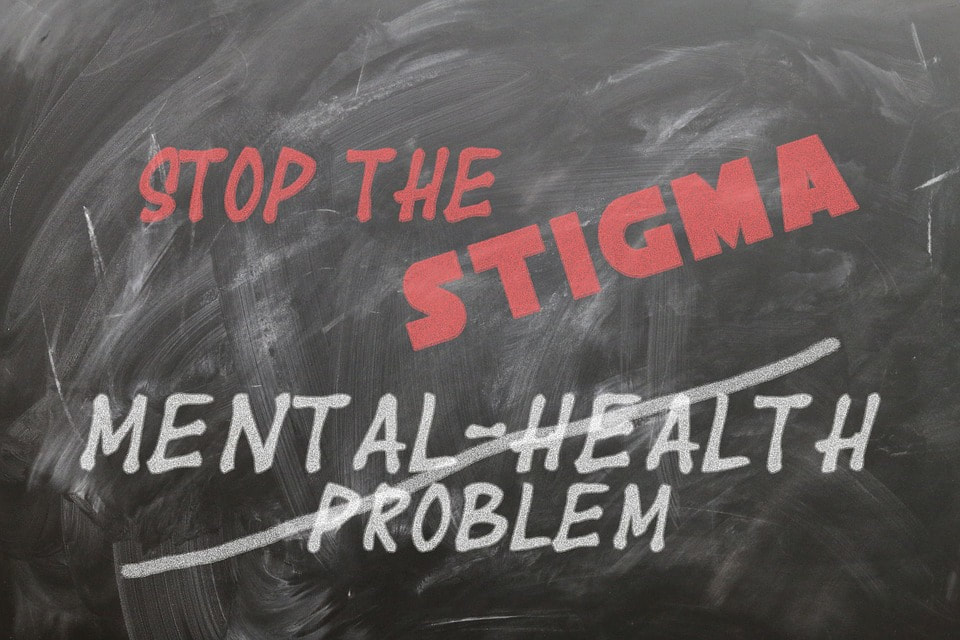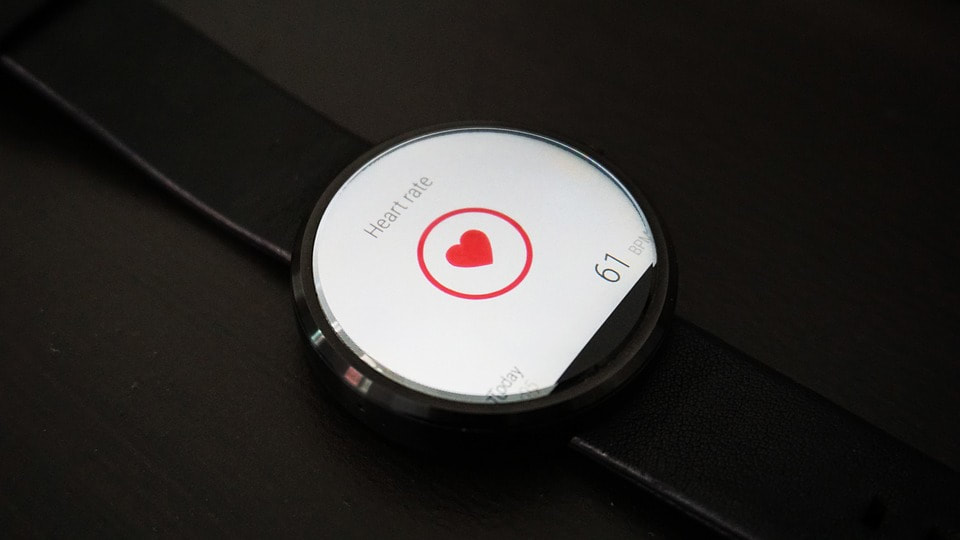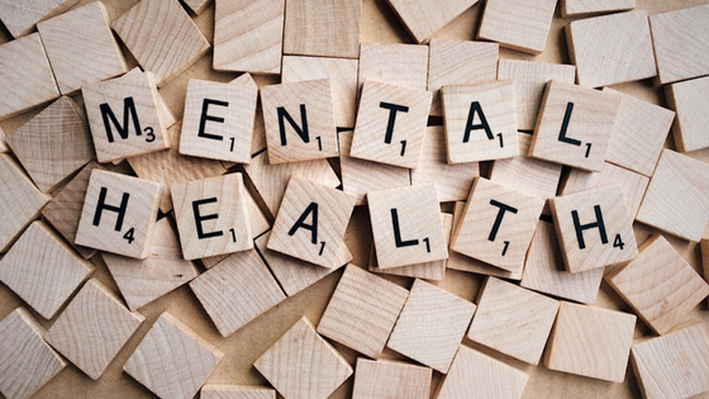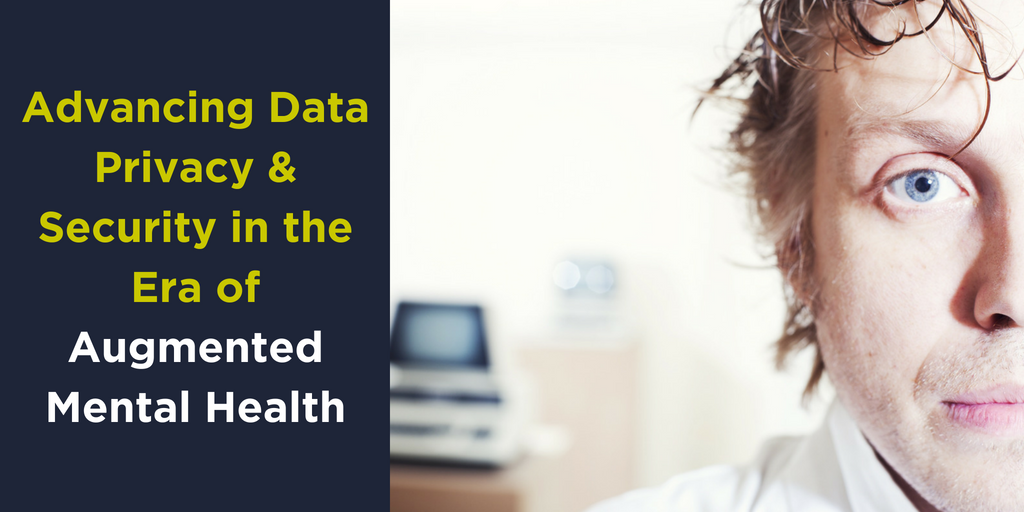|
Some of the biggest threats to our mental health are surprisingly common and currently the norm for many. Who hasn’t felt lonely, witnessed/experienced stigma, felt overworked and burnt out, served by a healthcare system that treats mental health like an afterthought, or experienced little-to-know mental health education at school?
The hashtag #CureStigma represents the new campaign by the National Alliance of Mental Health (NAMI), positioning mental illness stigma as a “social virus”, propagated through the internet and spread from person to person.
We had the pleasure of interviewing Dr. Jose Hamilton Vargas--the co-creator of Youper, an artificially intelligent personal assistant that helps manage emotional and behavioral health--about the benefits and risks of using AI chatbots to assist therapy and mental health care.
The comorbidity between mental and physical disorders is one of today’s greatest healthcare industry challenges worldwide. In retrospect, mental illness comorbidity also has the potential to be one of the most transformational targets in the evolution of healthcare, with the grandest financial gains.
There is an enormous increase in interest, activity and progress within the field of mental health and the purpose of the Augmented Mental Health interview series is to explore the ways in which enablers from the mental health ecosystem are helping and what they are aiming towards. It is crucial to understand how Augmented Mental Health solutions can benefit people and how these solutions are shaping the future of mental healthcare. By looking into the current situation of mental healthcare from the perspective of industry leaders, insurance companies, therapists, pharma, technologists, employers and patients, we can begin to understand how we can improve mental health.
We recently sat down with Julie Capistron and Jamie Price, Co-founders at Stop, Breathe & Think, to hear their views on what the future of mental health care looks like.  The zero suicide initiative is no pipe dream. Targeting the overwhelming majority of those that commit suicide—people suffering from mental illness—millions of dollars are being invested in new advanced suicide prevention systems and technologies, including new cutting-edge augmented mental health innovations. In this article, we introduce the smart arm of the zero suicide initiative, stemming from the budding augmented mental health industry, touching on the exciting new digital technology innovations actualizing zero suicide in the present day! Insurtech innovations targeting mental health present a lucrative gateway to establishing a strong share of 2020’s estimated $1.6 trillion global health insurance market.
Its mental health history in the making: As augmented mental health systems hit the market, the power to objectively monitor emotional and behavioral health is in the hands of mental health professionals for the very first time—the benefits are numerous and priceless. But how does employing such new technology impact the therapeutic relationship, an integral tool for transformation in modern forms of therapy?
Augmented Mental Health as part of the Internet of Things (IoT) is kindly bringing about the death of psychotherapy as we know it in providing personalized, real-time data-informed therapy like never before. When FortiGuard Labs reports that healthcare is now experiencing twice the number of cyber attacks than other industries and IoT devices are becoming a bigger target, how are data privacy and security measures evolving to protect some of THE richest and most personal data out there?
Could New Mental Health Tech Tackle Gun Violence?
Construing and ignoring the evidence-based link between gun violence and mental health is costing lives—although the connection may not be what you are thinking. New mobile mental health tech can meet the high demand for gun prevention research in the development of data-driven policies and gun violence prevention strategies, be a key instrument in driving down currently devastating gun violence statistics, and as a population-level solution, could save 1000s of US lives every year. |
RECENT ARTICLES
The 5 Biggest Threats to Mental Health #CureStigma: Is That Even Possible? Using AI Chatbots for Mental Health Care — An Expert Opinion An Interview With Stop, Breathe & Think Zero Suicide? New Scientific Tools to Turn Fantasy into Reality Smart Mental Health Insurance—The Key to Insurtech Industry Dominations? Can New Mental Health Tech Enhance the Therapeutic Relationship? Data Privacy & Security in the Era of Augmented Mental Health The Death of Psychotherapy As We Know It Mental Health Insurance Crisis: Can mHealth Help? Plug the Employee Productivity Drain with Augmented Mental Health A Global Access Solution to the Trillion Dollar Mental Health Crisis |









 RSS Feed
RSS Feed